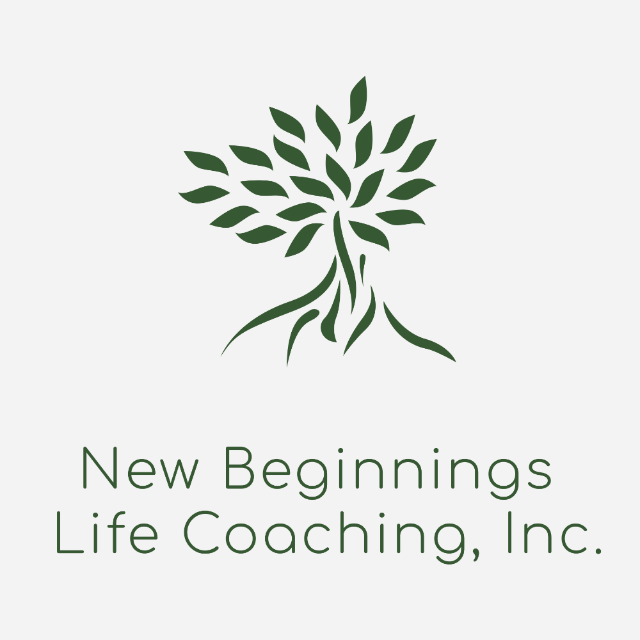
FREE GUIDE TO STARTING YOUR ALCOHOL-FREE JOURNEY
Welcome! Congratulations! Be proud of yourself for taking this first step towards an alcohol-free life! This guide gives you practical steps and supportive tips to help you on your journey to freedom. Whether you’re just starting to consider giving up the alcohol or you have already made the decision to quit, this guide will be your companion along the way!
- Understanding Your Motivation - Reflect on Your Reasons:
- Health Benefits-Improved physical health, better sleep and more energy
- Personal Goals - Achieve clearer thinking, emotional stability and personal growth
- Relationships - Enhance your connections with family, friends and colleagues.
2. Set Clear Goals:
- Short term Goals - Aim for one week or one month without alcohol
- Long-Term Goals - Envision a year or more of sobriety and the benefits it will bring.
3. Create A Plan
- Set a Start Date - Choose a specific date to begin your alcohol-free journey. Mark it on your calendar and prepare mentally for the change.
- Identify Triggers - Situational triggers - social events, parties or specific locations. Emotional triggers - stress, anxiety, loneliness or boredom.
- Develop Strategies - Substitute Activities - engage in hobbies, exercise or spend time with loved ones. Prepare Responses - plan how to say no to offers of alcohol in social situations.
4. Build a Support System
- Inform Family and Friends - Let your close ones know about your decision and ask for their support and understanding.
- Join Support Groups - consider support groups or online forums where you can share experiences and receive encouragement.
- Find a Mentor or Coach - Connect with someone who has successfully quit alcohol and can offer guidance or support.
5. Find Health Alternatives
- Try non-alcoholic beers, wines or spirits or make creative mocktails to enjoy on social occasions without alcohol.
- Engage in New Activities - Discover new hobbies and interests to fill your time and distract from cravings.
- Practice Mindfulness - Techniques like meditation, yoga, and deep breathing can help manage stress and improve menta clarity.
6. Take Care of Your Body
- Eat Nutritious Foods - a balanced diet will improve your mood, energy levels and overall health.
- Exercise Regularly - Physical activity can reduce stress, boost your mood and improve your physical fitness.
- Stay Hydrated - Drink plenty of water to help your body detoxify and stay healthy.
7. Manage Cravings and Withdrawal
- Be Prepared for Cravings - Have a list of activities or distractions ready to use when cravings hit.
- Seek medical advice - If you experience severe withdrawal symptoms, consult a healthcare professional for support and guidance.
- Use Relaxation Techniques - Practices like progressive muscle relaxation, deep breathing and listening to soothing music can help manage cravings and anxiety.
8. Track Your Progress
- Keep a Journal - Document your feelings, challenges and successes to reflect on your journey.
- Celebrate Milestones - Reward yourself for reaching sobriety milestones like one week, one month or three months.
- Reflect on Changes - Notice improvements in your health, mood, relationships and overall well-being.
9. Stay Committed
- Remind Yourself of Benefits - Regularly review your reasons for quitting and the positive changes you’ve experienced.
- Create a daily routine that supports your alcohol-free lifestyle.
- Maintain contact with your support system and attend support groups or hire a coach.


